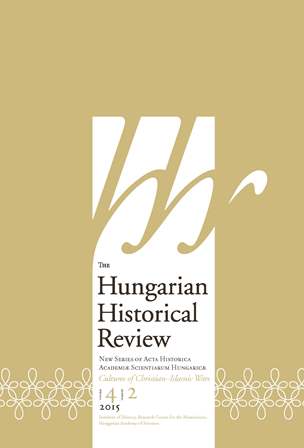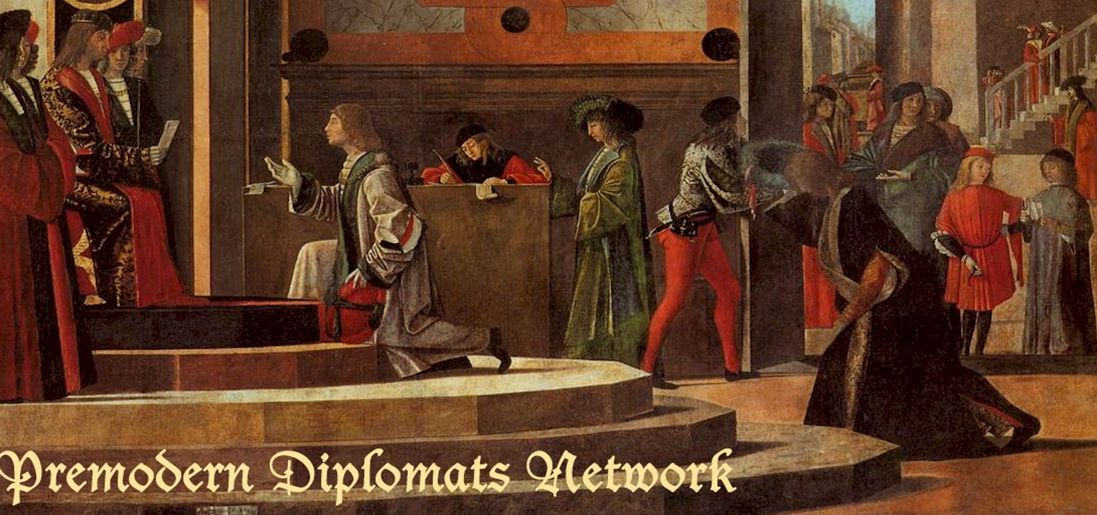This issue examines the history of enterprises in Central and Eastern Europe in the processes of adaptation. The histories of enterprises thus are not themselves the focal point of inquiry. Rather, they are of interest in relation to the events that took place when an enterprise was compelled, because of changes in the economic, political or social milieu, to adapt or transform itself, making changes to its business policies, personnel policies, production structures, marketing practices, supply sources, etc. See more at http://www.hunghist.org/
This issue covers a wide range of topics, including the underexplored origins of the Hungarian labor service in the mid-1930s, the ideologically charged reception of the first major trial focusing on the Holocaust in the early 1960s, the history of human emotions, the “cold” history of a bureaucracy, the economic motivation and involvement of local perpetrators, and the specific experiences of Hungarian Jewish ghetto dwellers in various ghettos and slave laborers in an unfamiliar and inhospitable metropolis. Free for download at http://www.hunghist.org/index.php/issue-current/79-hhr-issue/314-volume-4-issue-3
 How did participants perceive and interpret the violence of war and their own roles in it? Why did they write about their experiences afterwards? What kinds of survival strategies did peasants, citizens and nobleman develop amidst the everyday experiences of brutality, devastation and death? How was extreme cruelty remembered, and how was war experienced? How did reality and mythology (about the extreme brutality of the enemy, for instance) blend in individual memory and in the cultural memories of communities?
How did participants perceive and interpret the violence of war and their own roles in it? Why did they write about their experiences afterwards? What kinds of survival strategies did peasants, citizens and nobleman develop amidst the everyday experiences of brutality, devastation and death? How was extreme cruelty remembered, and how was war experienced? How did reality and mythology (about the extreme brutality of the enemy, for instance) blend in individual memory and in the cultural memories of communities?
Gabriella Erdélyi
Special Editor of the Thematic Issue
 The Premodern Diplomats Network, founded two years ago, will hold its fourth conference on the 25th and 26th of September in our institute. At the event Splendid Encounters: Diplomats and Diplomacy in the Early Modern World researchers from a variety of European countries come together to discuss their experiences in the study of the history of diplomacy between the sixteenth and eighteenth centuries. The conference programme is available here.
The Premodern Diplomats Network, founded two years ago, will hold its fourth conference on the 25th and 26th of September in our institute. At the event Splendid Encounters: Diplomats and Diplomacy in the Early Modern World researchers from a variety of European countries come together to discuss their experiences in the study of the history of diplomacy between the sixteenth and eighteenth centuries. The conference programme is available here.
The Tetmajer Committee of Indiana University invites applications for translation into English of Hungarian language books and manuscripts on the topic of 20th century Hungarian history. Works starting chronologically at the late 19th century are acceptable. The translators are designated by the Tetmajer Committee. The deadline for submission for books to be translated during 2016 is October 30 2015. The manuscript shall not exceed 120 000 words. Up to two books or manuscripts will be selected for 2016.
Page 2 of 3